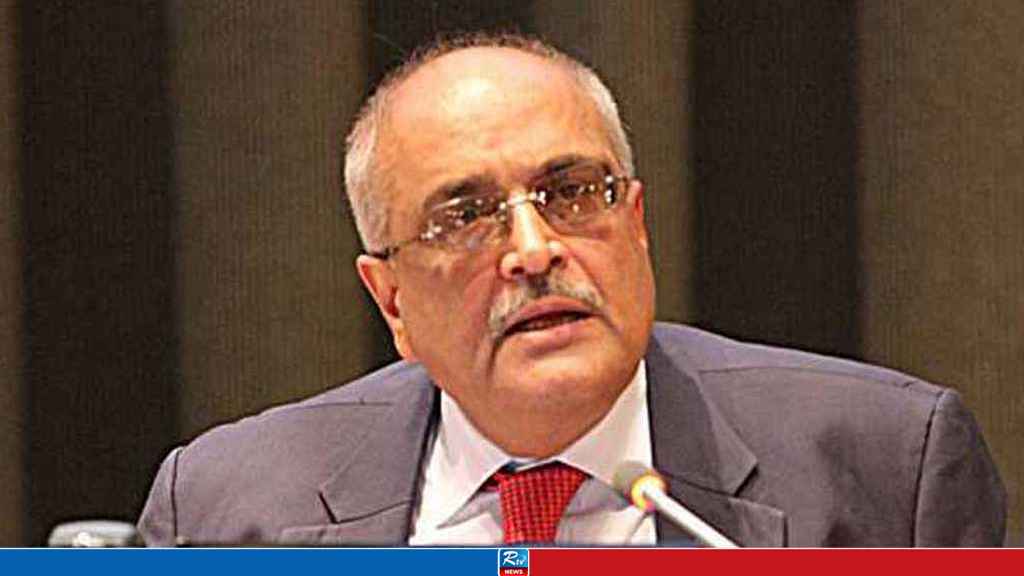Dr Debapriya Bhattacharya, Convenor of the Citizen's Platform and Distinguished Fellow at the Centre for Policy Dialogue (CPD), spoke about the global reactions to the recent US tariff hikes, especially under the Trump administration's trade policies.
According to him, two broad trends have emerged in response. Major economies with strong financial capabilities, like China and some EU nations, are retaliating with counter-tariffs. In contrast, smaller economies heavily reliant on the US export market are requesting dialogue and, in some cases, unilaterally reducing tariffs to stay competitive.
Some middle-income countries are adopting a mixed strategy—engaging in talks, lowering tariffs in some areas, and raising them in others to protect local industries. Meanwhile, China has formally raised its concerns at the World Trade Organization (WTO). However, Dr Bhattacharya pointed out that WTO's dispute resolution system remains ineffective, largely due to the US withholding panel nominations.
Bangladesh's Position and Opportunity
Dr Bhattacharya noted that Bangladesh has seen export growth in non-traditional markets like Southeast Asia, Korea, Japan, Australia, and Canada. He emphasized that Bangladesh is becoming competitive even without tariff advantages. Despite reliance on the EU's tariff-free access, the country has managed to grow exports to the US while paying standard tariffs.
He dismissed the notion that Bangladesh's export sector is in a vulnerable position, stressing that the country still holds ground even under the new tariff pressures. However, he highlighted the importance of monitoring competitors like Vietnam, which is proactively reducing tariffs to strengthen trade ties with the US
Need for Structural Reform
Dr Bhattacharya underscored the urgency of addressing Bangladesh's structural limitations—chiefly the lack of product and market diversification. As the country transitions out of LDC status, this will become increasingly important.
He views the current situation as an opportunity for reform, urging policymakers not to panic or make short-sighted decisions. Instead, he calls for deeper attention to investment, productivity, and long-term economic planning.
Beyond Tariffs: A Comprehensive Strategy Needed
The exact impact of the US tariffs on Bangladesh's exports remains uncertain, as the policy may shift over time. Nevertheless, the broader implication is clear: Bangladesh needs a strategic response beyond trade negotiations.
Dr Bhattacharya cautioned against relying solely on trade policies. He believes that increased productivity, labor efficiency, and better investment conditions are essential for long-term resilience. He also mentioned the role of foreign buying offices in Bangladesh, they can support local producers during this adjustment period.
Policy Window with the US
He revealed that Bangladesh has requested a three-month suspension of the new tariffs to allow time for negotiation. This window should be used to address US concerns, such as obstacles to investment, profit repatriation, and foreign currency shortages.
Domestic Challenges Worsening the Pressure
He concluded by saying that the real pressure on the economy stems from internal issues—such as weak investment, an under-reformed banking sector, high interest rates, and foreign exchange constraints. The tariff issue merely amplifies these existing challenges.






